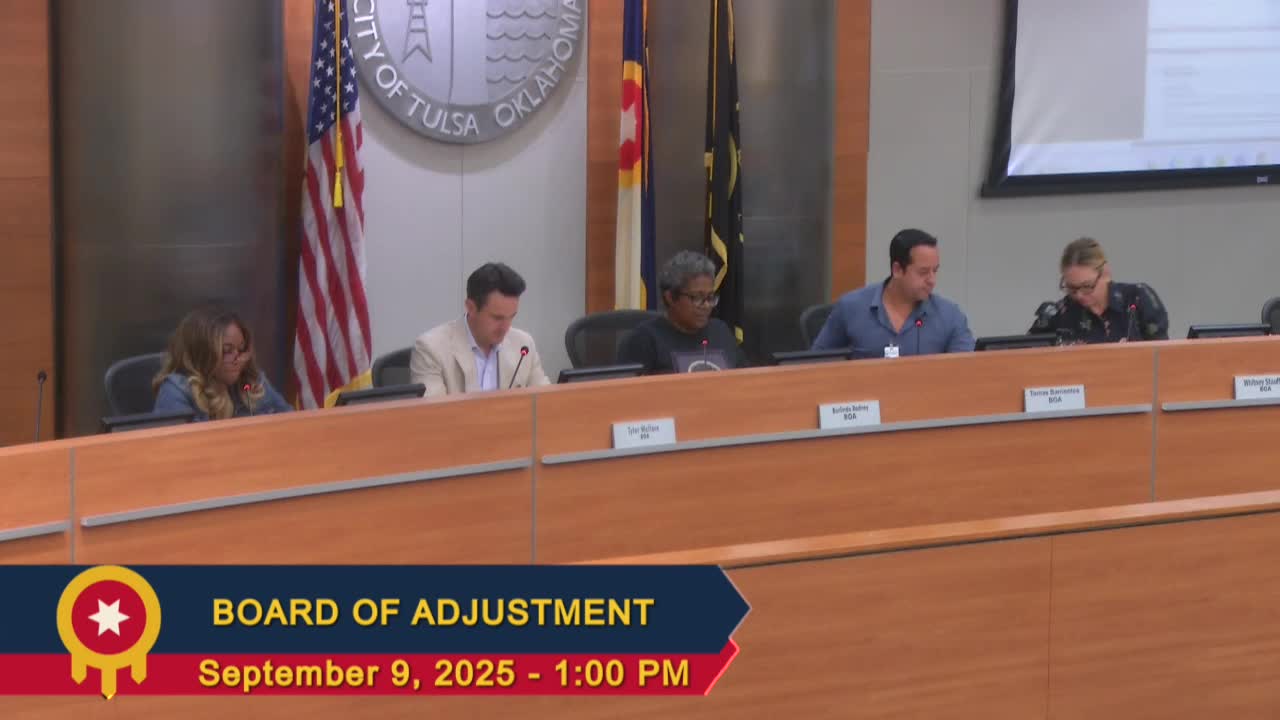Article not found
This article is no longer available. But don't worry—we've gathered other articles that discuss the same topic.
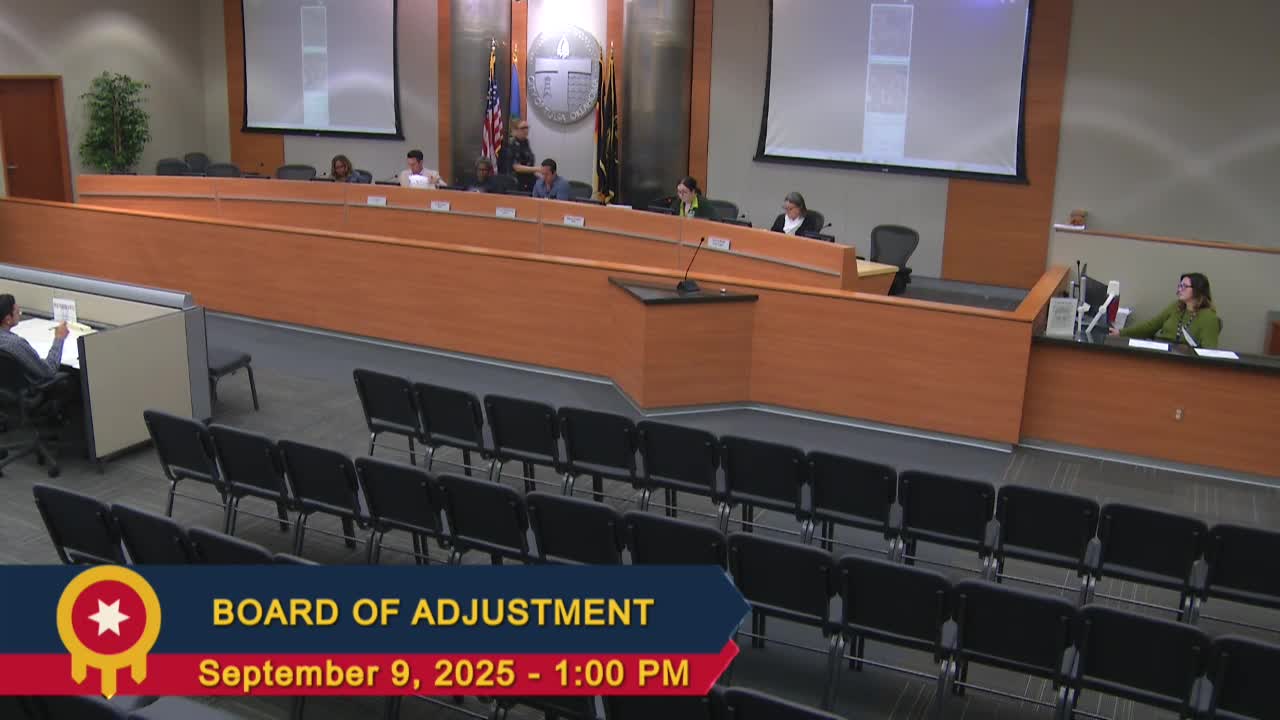
Board permits new event center on Admiral Place with 400‑person cap
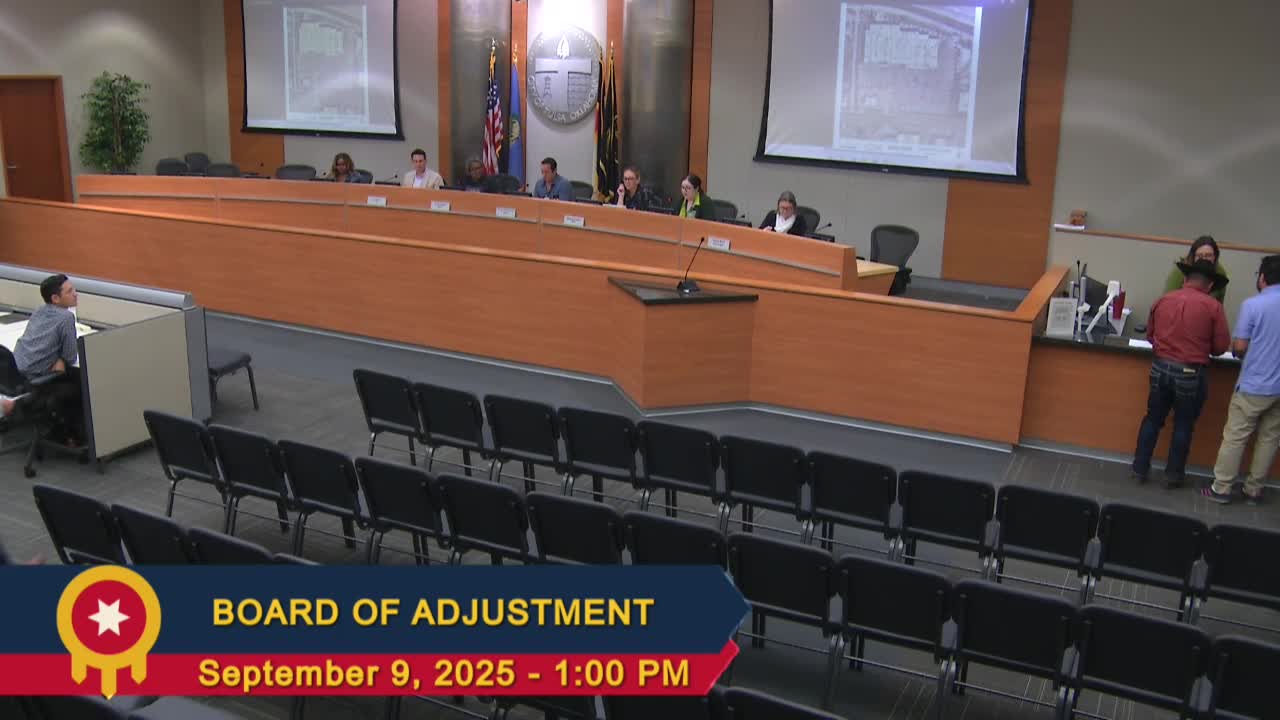
Board allows expanded signage at Family Safety Center; applicants cited campus wayfinding and safety needs
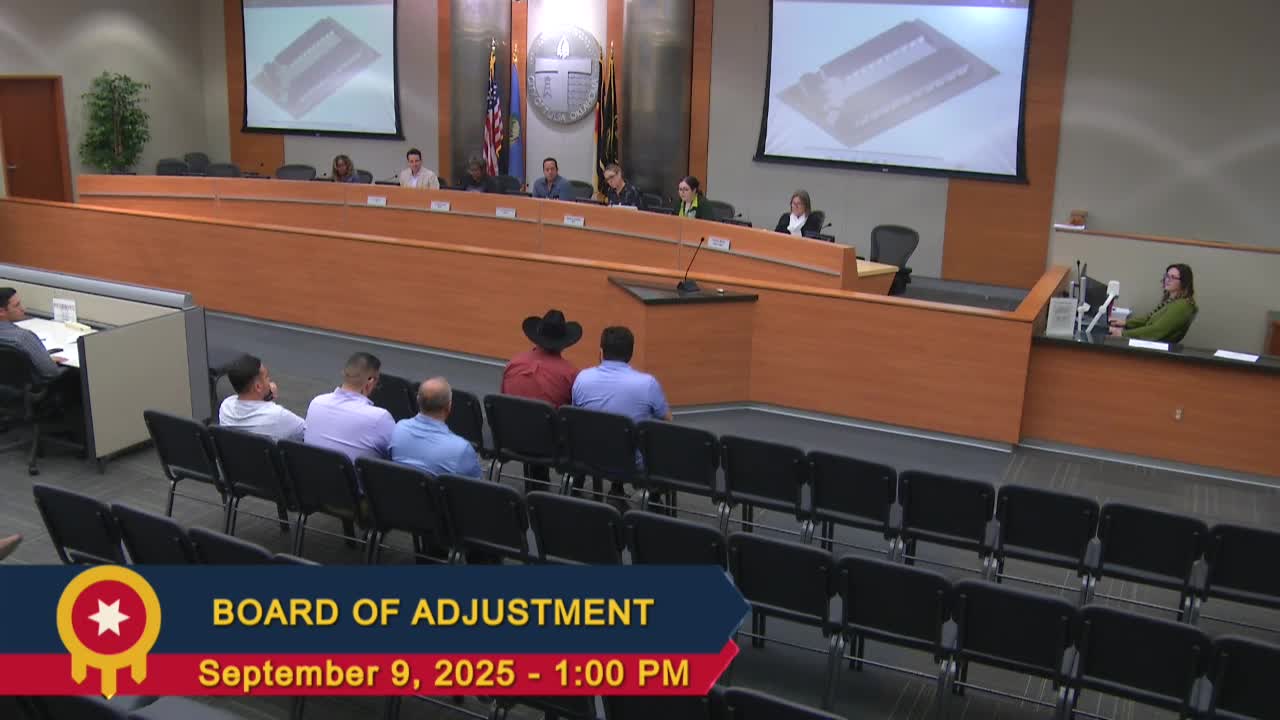
Board approves large‑capacity event venue at Admiral Place with five‑year review and 2:00 a.m. cutoff
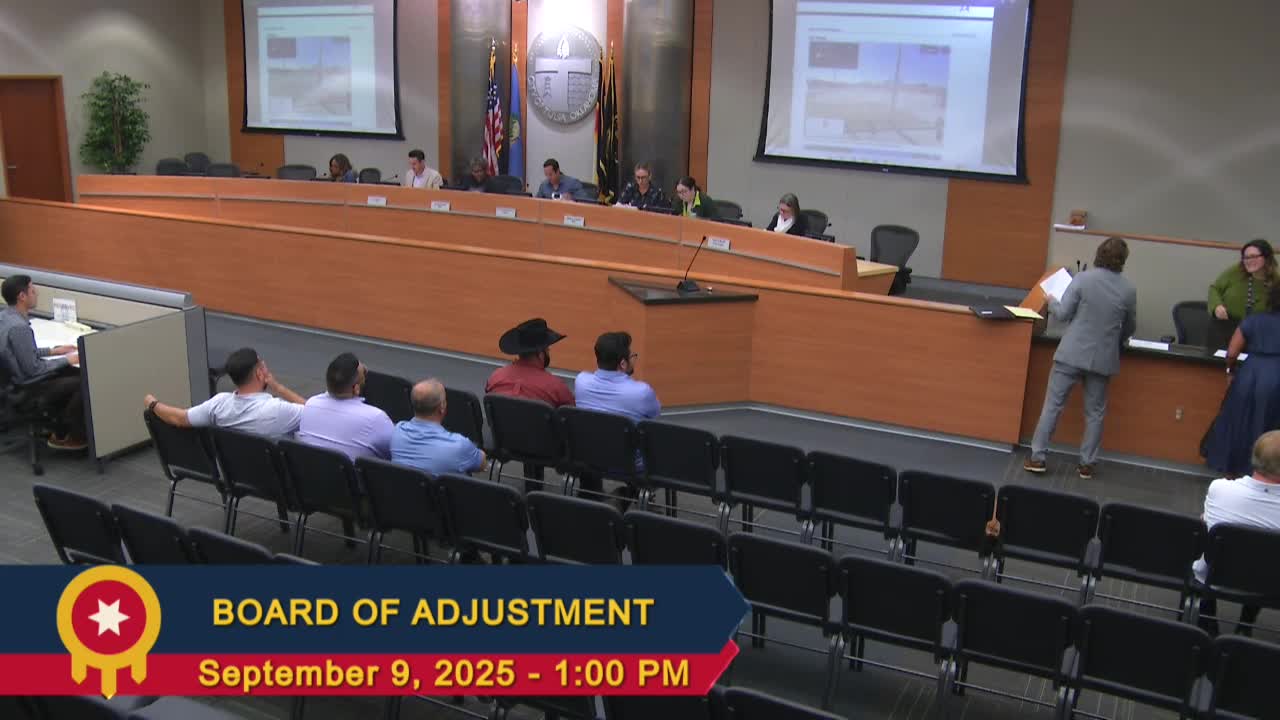
Board OKs car‑condo project and fence height relief for 2006 E. Seventh Place S.
